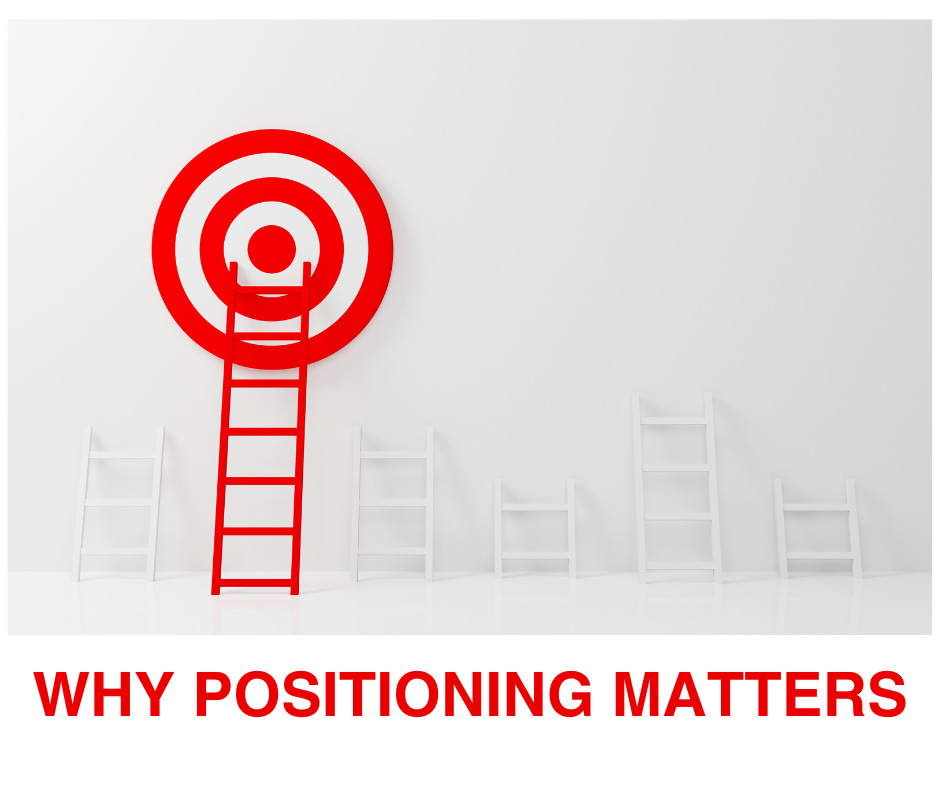Positioning vs Penetration: Why Byron Sharp Is the Strategic Enemy of Brand Building
Sharp wants you to forget everything you know about differentiation. Here’s why you shouldn’t.
For years, marketers have been told that brand building is a numbers game—reach more people, more often, and growth will follow.
According to Sharp: "Brands grow by reaching more people, not by being different."
But here’s the problem:
Penetration without Positioning builds awareness without meaning.
Of course reaching people matters, but expanding reach works better when the brand also has meaning.
Of course being top of mind matters, that is why being the leader matters and why the brand that pioneers the category has the advantage.
But in a world where brands must face new categories challenging them, standing out is just as important as standing for something.
Let’s break down the Sharp view:
Differentiation doesn’t matter.
All buyers are light buyers.
Growth comes from ubiquity, not loyalty.
Sure, that might work for Coca-Cola. Or Tide. Or the kind of brand with a billion-dollar war chest defending the status quo.
And it might work in mythical static markets where Coca-Cola or Tide don’t have to compete with new categories and new brands.
But for a challenger brand? Or a founder trying to carve out space in a crowded, commoditized market?
That’s brand suicide.
Byron’s rules were written for brands that already won.
Positioning is the tool for those still fighting.
Because if you’re building a brand—especially as a founder, rebel, or challenger—you don’t just need attention. You need meaning. A reason to choose you.
And that only comes from positioning and it is best leveraged with a strategic enemy.
The Power of the Strategic Enemy
In the Ries positioning world, strategy starts with contrast.
The human mind understands ideas best through contrast. To stand for something, you must first stand against something.
That’s why every great brand needs a strategic enemy.
Liquid Death vs. boring bottled water
Tesla vs. gas-guzzling incumbents
Oatly vs. Big Dairy
Nike vs. average effort
The strategic enemy creates friction. Drama. Debate. A reason to pay attention. And it forces you to sharpen your message like a knife.
Byron Sharp would call that wasteful. I call it magnetic.
Distinctive Assets Without a Distinct Point of View?
According to Sharp, you just need to look different, not be different.
Positioning says you need both.
I am 100% for distictiveness when it is driven by differentiation.
Ask yourself: would Apple be Apple without “Think Different”?
Would Dove be Dove without taking on toxic beauty standards?
Would Patagonia be Patagonia without its war on fast fashion?
No. They wouldn’t be brands. They’d be beige products with good shelf space.
And no one builds a cult around beige.
If you're a founder, a marketer, or a strategist trying to build a brand that means something, Byron is not your blueprint. Positioning is.





